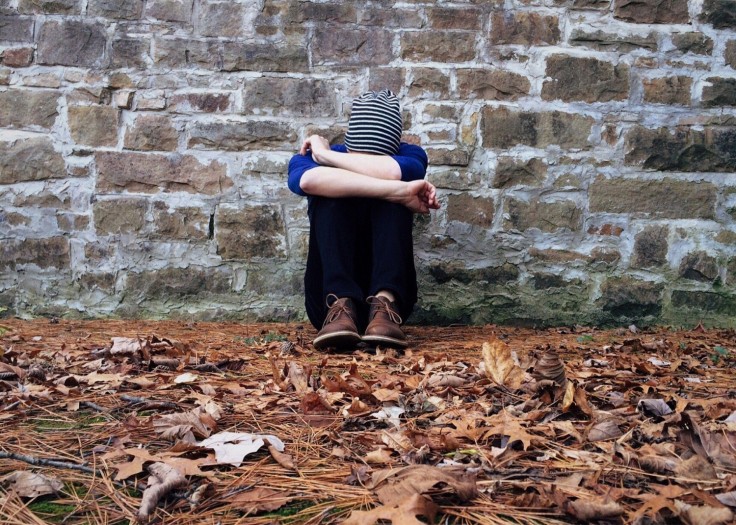
More than 180 nations across the globe have closed down schools due to the COVID-19 pandemic. To remain the required social distance of at least six feet, national governments decided to close down schools and have advised families to just stay at home. In the United States, around 55 million students from kindergarten to high school are affected by the closures of schools.
Because of this, psychologists are now worried about the effect of the closures on the mental health of children, especially those who have existing mental health problems.
Disruption of School Routines
Everyone is adjusting to the 'normal' that the COVID-19 crisis has brought. Every person who has a routine every day has been changed, so do the students.
But the disrupt in school routines can be very difficult for students who are experiencing depression or anxiety. Although it is also a challenge for them to go to school, psychologists say that it brings a sense of anchor to their lives, because this keeps them busy for a day.
Zanonia Chiu, a clinical psychologist, said that what worries her even more nowadays is that there are children who choose to lock up in their rooms and would not want to eat, leave their beads, or even take a shower.
Also, when the school reopens, adjusting again to this kind of routine will be a problem for the students.
Schools are the de facto mental health system.
A lot of young adolescents depend on school for their mental health services. Studies show that in 2014, around 3 million adolescents got mental health services from schools. Most of those who have mental health problems only have schools as the institution that address and help them figure out and solve their problems.
Because of the closure of schools, this could mean that the students are now seeking proper guidance on what they are going through. Although there could be community-based services, not all students have access to such.
Students with special education needs may become disruptive.
Students who have autism spectrum disorder are also subject to risk. The isolation and social distancing can cause them to be short-tempered and frustrated. What psychiatrist Chi-Hung Au from the University of HongKong is suggesting is that parents create a schedule for their children with special needs. In that way, they would not feel the disrupt and have reduced uncertainty.
Staying at home can be irritating for some children.
Because the people at home are the people who know you best, they also know how to frustrate you. Sometimes the tiny jokes and bonding can lead to irritation to some members of the family.
Clinical psychologist Dr. Bill Moredock says that being at home all the time can cause anxiety and even depression to both children and adults.
There are very limited studies on the effect of a public health crisis on children's mental health. That is why experts say that it is very important nowadays for parents to support their children at these times.